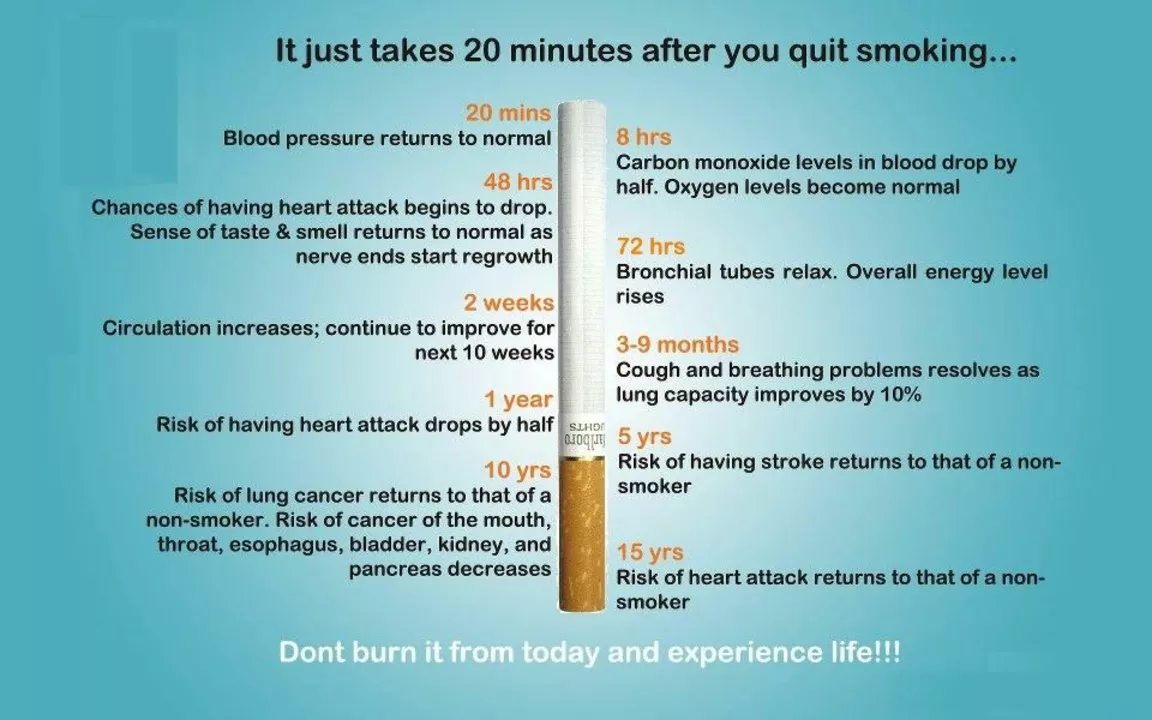Smoking: What it does to your body, your meds, and how to quit
Smoking still causes roughly 1 in 5 deaths in the U.S. That’s a blunt fact, but knowing how smoking affects your health and your medications gives you real power to make a change. Below are straightforward, useful points you can act on today.
How smoking harms you — quick and clear
Smoking damages lungs, raises heart disease and stroke risk, and increases cancer chance. It also makes infections worse and slows wound healing. If you already have asthma or COPD, smoking makes inhalers like albuterol (Ventolin) less effective long-term and increases flare-ups.
Secondhand smoke matters too — kids and partners exposed to smoke have higher risks of asthma, ear infections, and heart disease. Quitting helps them as much as it helps you.
Smoking and medicines — what your doctor needs to know
Tobacco smoke changes how your liver breaks down some drugs. Smoking activates an enzyme (CYP1A2) that speeds up metabolism of medicines like theophylline and some antipsychotics (clozapine, olanzapine). That can make those drugs weaker while you smoke. When you quit, drug levels can rise and side effects can appear unless doses are adjusted.
Also, some stop-smoking drugs interact with other meds. For example, bupropion (Wellbutrin) is used for quitting and depression — tell your doctor about seizures, alcohol use, or other meds. If you’re on blood thinners, heart meds, or are preparing for surgery, say you smoke so your medical team can plan properly.
On RXConnected you’ll find practical articles about inhalers, Wellbutrin, and medication safety if you want deeper info.
Simple, practical quitting options that work
Pick a quit plan that fits you. Many people find a mix of medicines plus support works best. Options include:
- Nicotine replacement: patches, gum, lozenges. These reduce cravings and withdrawal without the harmful smoke.
- Bupropion (Wellbutrin): a non-nicotine option that eases cravings and can help mood. Needs a prescription and medical check.
- Varenicline (Chantix): prescription drug that lowers reward from smoking and cuts cravings for many people.
Combine meds with behavioral support: counseling, quitlines, apps, or group programs. Set a quit date, remove triggers (ashtrays, lighters), and plan how to handle cravings — short walks, gum, or breathing exercises work for many.
Cravings usually peak in the first week and ease after a few weeks. If you slip, don’t treat it as failure — learn what triggered it and try again. Most people need several attempts before they quit for good.
If you’re pregnant, have a heart condition, or take complex meds, talk to your doctor before starting any stop-smoking drug. Your healthcare team can pick the safest, most effective approach for you.
Want targeted reading? Check RXConnected posts on quitting aids, inhaler tips, and medication interactions to match help with your situation.
The impact of smoking on renal failure: understanding the risks and quitting strategies
As a blogger, I have recently delved into the topic of the impact of smoking on renal failure, and the findings are quite alarming. It's clear that smoking significantly increases the risk of kidney disease, with some studies even suggesting that it can double the chances of renal failure. This is a major concern as it can lead to life-threatening health issues. Thankfully, there are various quitting strategies available, including nicotine replacement therapy, counseling, and support groups, which can help smokers kick the habit and reduce their risk. It's important for us all to be aware of the dangers of smoking on our kidney health and take necessary steps to quit if we're smokers.
The impact of smoking on renal failure: understanding the risks and quitting strategies

As a blogger, I've come to understand the significant impact smoking has on renal failure. Research has shown that smoking can worsen kidney function, increase the risk of kidney diseases, and potentially lead to renal failure. The harmful chemicals in cigarettes damage blood vessels, making it harder for kidneys to filter toxins from the body. Quitting smoking is crucial for reducing these risks and improving overall kidney health. I encourage anyone struggling with this addiction to seek support and explore various quitting strategies, such as nicotine replacement therapy, counseling, and support groups.
